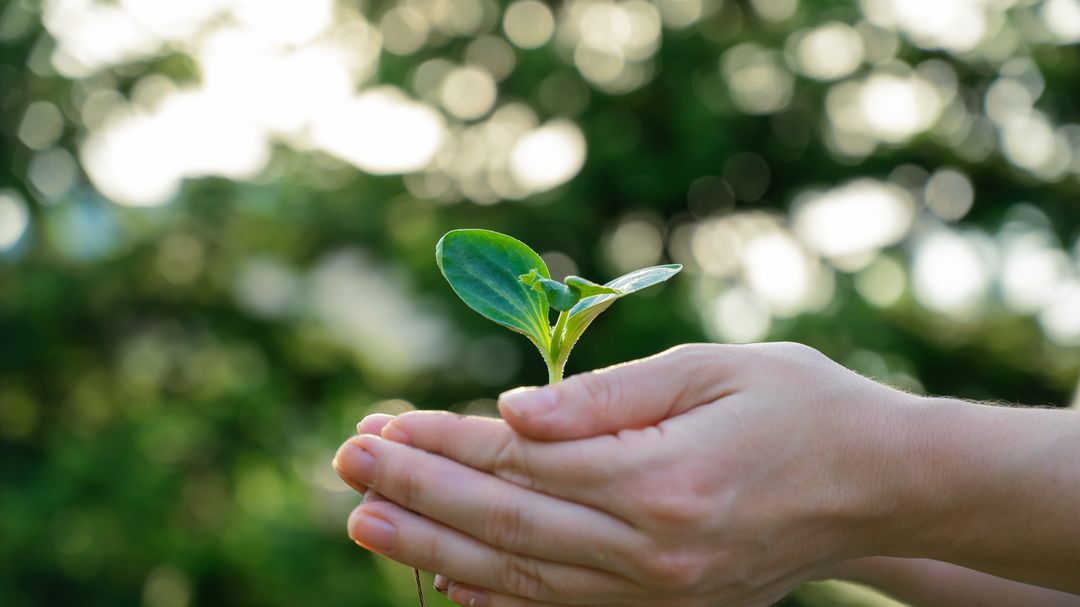KAUST Center of Excellence for Sustainable Food Security

With its newly established Center of Excellence for Sustainable Food Security, King Abdullah University of Science and Technology (KAUST) is planting the seeds of agricultural resilience. By leveraging interdisciplinary research and cultivating impactful partnerships both internationally and within Saudi Arabia, KAUST is growing innovative solutions to address the food security challenges facing arid regions.
Under the leadership of its Chair, Professor Mark Tester, and co-Chairs Professors Peiying Hong and Brande Wulff, the CoE aligns KAUST with Vision 2030 aspirations of ensuring development and food security, achieving this goal through improved genetic and agronomy, enabled by scientific and technological innovations. Tester said: “We are determined to solve real-world problems and effectively apply these in KSA, the region and globally.”
The Center’s goal involves enhancing resource use efficiency, developing resilient crops, promoting sustainable biosystems, and building capacity through education and partnerships. The CoE will drive agricultural innovation, boosting crop yields and food security while reducing Saudi resource use. It will create jobs, support startups and develop a skilled workforce, fostering new industries and promoting community sustainability initiatives.
Developing eco-friendly food production technologies to address the Kingdom’s acute food security issues due to climate and import reliance is the Center’s aim. The strategy to achieve desired economic and societal impacts includes prototyping, pilot testing and technology transfer initiatives. For example, the CoE will advance breeding technologies for crops and sustainable aquaculture systems, which have the potential for commercialization and export.
The Center’s priorities include commercializing research through industry collaboration, establishing technology transfer agreements, focusing on high technology readiness level projects, supporting startups with incubators and funding, and targeting global markets for export opportunities.
Expected outcomes include advanced technologies, resilient food security solutions, licensing agreements, and spin-out companies aimed at reducing food production environmental impacts.
KAUST will track research outputs, interdisciplinary collaborations and economic benefits from commercialization and partnerships to gauge CoE success. It will measure capacity development through training programs, workshops and student involvement. It will assess community engagement through outreach events and feedback. Adherence to Vision 2030 and the Kingdom’s research, development and innovation (RDI) priorities will serve as a key metric to success.
Focused Research Areas
The Center’s research is structured around four key themes designed to enhance sustainable food security across the Kingdom and reduce the environmental footprint of food production. These themes include:
Increase Resource Use Efficiency: Projects aim to improve water use through advanced treatment, enhance nutrient efficiency with biochar and nanotech, and reduce food waste using smart detection and protein conversion. CoE co-Chair Professor Peiying Hong, Environmental Science and Engineering, leads this theme.
Crops for the Future: Research targets traditional crops with advanced breeding, DNA-editing for wheat, robotic date palm cultivation, and enhanced seawater agriculture via seed nano-priming. CoE co-Chair Dr. Brande Wulff, Associate Professor of Plant Science, is the theme lead.
Sustainable Biosystems: Projects focus on protected agriculture systems using spectrally enhanced covers, optimized heating/cooling, aquaculture integration, and AI-enabled monitoring for controlled environments. Tester leads this theme.
Capacity Development: Educational outreach is advanced via the Sustainable Food Security Platform and models such as the KAUST-NCVC Experiment Station and Ecological Observatory (KNESEO). Dr. Monika Chodasiewicz, Assistant Professor of Plant Science, is the theme lead.
Key CoE projects include nano-encapsulation for boosting crop nutrition, a facility for converting low-value waste into high-value proteins, as well as advanced breeding technologies for Saudi crops. Other initiatives cover a multiplex CRISPR/Cas9 platform for wheat enhancement, CO2 enrichment for greenhouses, urban sustainable food production, KNESEO, and the KAUST School’s Edible Education Project.
Collaboration Matters
To pursue its goal, the Sustainable Food Security CoE will capitalize on in-Kingdom partnerships with entities such as the Saudi Ministry of Environment, Water and Agriculture (MEWA), the National Center for Vegetative Cover (NCVC), the National Center for Palms and Dates, NEOM, Red Sea Global, SABIC and PepsiCo.
Out-of-Kingdom collaborators include the John Innes Centre, the Sainsbury Laboratory, the University of Arizona, Tecnova, French Agricultural Research Centre for International Development (CIRAD), Rothamsted Research, the International Maize and Wheat Improvement Center (CIMMYT), Kansas State University, Arizona State University, and the Foundation for Food and Agriculture Research (FFAR).
Collaborative projects focus on areas such as advanced breeding technologies for crops, wastewater treatment solutions and developing new agricultural methods for arid regions. The Center plans to engage with other research institutions and universities through joint research projects, shared funding proposals and international conferences.
The CoE will collaborate with other KAUST Centers, leveraging expertise in wastewater treatment, crop science, AI and energy to create integrated plans addressing food security challenges. Research will contribute to job creation, enhanced food security and reduced environmental impact, supporting the Kingdom’s sustainable environment and supply of essential needs RDIA pillar and the localization of food production industries for national and global benefit.

